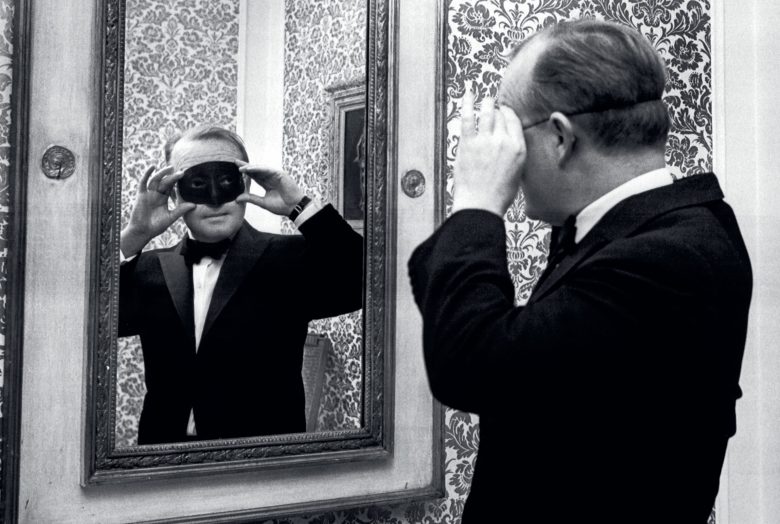
At the start of Dr Faustus, we see Faustus in his study restlessly turning over his books and rejecting in turn logic, medicine, law and theology. He embraces instead the ‘heavenly’ study of magic, summoning Mephistopheles, and, in exchange for 24 years of pleasure, political and magical power, signs away his soul and body to eternal damnation.
Each age has claimed the play as its own. William Hazlitt, in 1820, praised Marlowe’s ‘lust of power…a hunger and thirst after unrighteousness, a glow of the imagination’. Publicity for the 2018 Globe production asked, ‘Dr Faustus: what are we prepared to sacrifice in the pursuit of power?’
Your organisation does not have access to this article.
Sign up today to give your students the edge they need to achieve their best grades with subject expertise
Subscribe




